.jpg)
The Marine Science Center at the University of Basra organized a training course on artificial propagation using stimulating hormones.
The course, presented by researcher Dr. Faleh Musa Jaafar and a number of other researchers, aimed to increase fish production to meet the growing demand for fish as human food, improve the quality of live stocks, and increase profits by avoiding the high costs of natural propagation.
The course included a definition of hormonal stimulation in fish, which is a process used to promote the growth and reproduction of fish by injecting them with specific hormones, or by modifying their environment to affect the production of natural hormones. This type of stimulation is used in fish farming to increase production, especially when one sex of a species grows faster than the other.
The course also demonstrated methods of hormonal stimulation by injecting fish with synthetic hormones or hormones extracted from the pituitary glands of fish. Environmental factors, such as temperature and lighting, can also be modified to influence the secretion of natural hormones in fish. The researcher highlighted the types of hormones used: GnRH, hCG, steroid hormones, FSH, and LH. He also discussed their uses in stimulating ovulation, sex reversal, and increased growth.
Marine Science Center Media




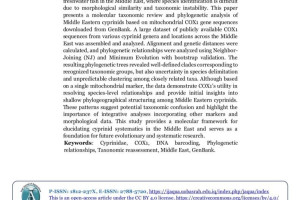
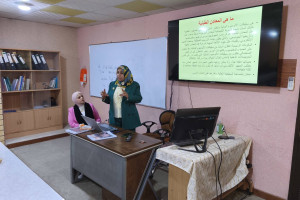
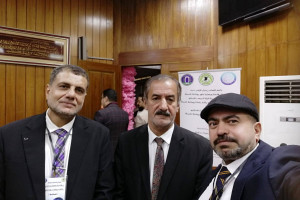
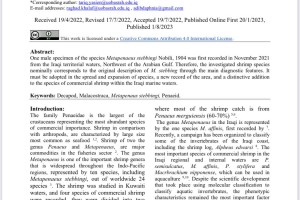
.jpg)
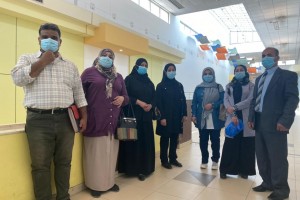
.png)